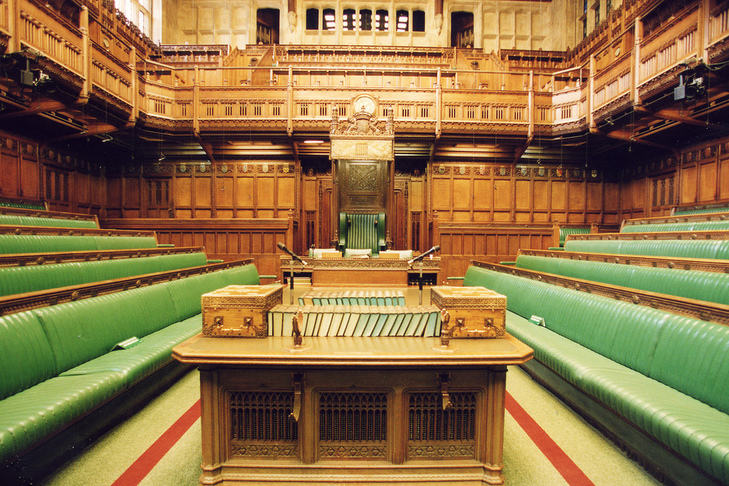
MPs have voted to reject the inclusion of animal sentience into the EU (Withdrawal) Bill this week, with one group saying the move undermines Michael Gove's high animal welfare pledge.
Eighty percent of current animal welfare legislation comes from the EU, but after March 2019, European law will no longer apply in the UK.
While most EU law relating to animals will be automatically brought over into UK law, this will not apply to the recognition of sentience.
Under EU law, animals are currently recognised as being capable of feeling pain and emotion. But MPs have this week voted to drop the inclusion of animal sentience into the Withdrawal Bill.
One of the arguments put forward by the Government during the debate was that animal sentience is covered by the Animal Welfare Act 2006.
The RSPCA, which said the move is "disappointing", said this is not the case; the term sentience or sentient being doesn't appear once in that Act, and, the animal welfare charity said, doesn't cover all animals.
It also said the decision by MPs "flies in the face" of the Defra Secretary Michael Gove's pledge for high animal welfare standards post-Brexit.
'Backward step'
RSPCA Head of Public Affairs David Bowles said it is a "truly backward step" for animal welfare.
“It’s shocking that MPs have given the thumbs down to incorporating animal sentience into post-Brexit UK law,” Mr Bowles explained.
“Animal sentience is never mentioned in the Animal Welfare Act and, crucially, only domestic animals are really covered by the provisions of the Act anyway and animals in the wild and laboratories are expressly exempt. It is simply wrong for the Government to claim that the Act protects animal sentience.
“In the EU, we know that the recognition of animals as sentient beings has been effective in improving animal welfare across the region. If the UK is to achieve the Environment Secretary’s objective of achieving the highest possible animal welfare post-Brexit, it must do the same.”
Since the recognition of animals as sentient beings, the EU has banned the use of barren battery cages and ended animal testing for cosmetics.
